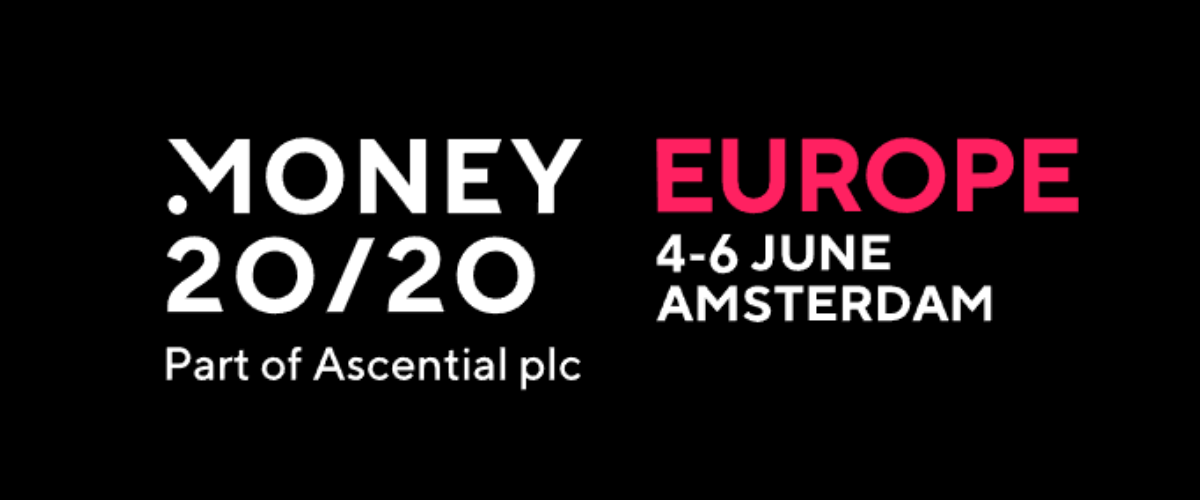Accenture, Avanade, and Microsoft recently collaborated on the publication of a new white paper – PSD2 and Open Banking: Using regulation to kick-start the transformation of banking, which explores the opportunities to further develop innovation in the short, medium, and long term.
Next year, at the start of 2018, the European Union’s Revised Payment Services Directive, better known as the PSD2, will finally be enacted. The forthcoming regulatory measures will undoubtedly be consequential for European businesses, and this probability has been discussed exhaustively in previous publications documenting the mechanisms of the PSD2. This new, collaboratively published white paper by Accenture, Avanade, and Microsoft aims to offer much more than its predecessors. Instead, it thoroughly outlines the risks, opportunities, and technological implications of the PSD2 for the banks, payment schemes, fintech companies, consumers, and merchants, underlining the different areas where opportunities for innovation may develop in the short, medium, and long term.
According to the report, PSD2 and Open Banking initiatives can serve as a catalyst to digital transformation in banking. It goes on to characterise this as a financial services revolution toward connecting consumers, banks, and third party applications in innovative, new ways. This sea change has been ignited by regulatory driven APIs, or application programming interfaces, but is nevertheless expected to naturally evolve into increased participation by banks in a larger API economy. The most progressive organisations will not wait for the PSD2 regulation mandates on base API level for compliance, but instead will take initiative to bring the pressing topic of disruptive digital transformation to the table. Successful companies will periodically evaluate the different challenges and opportunities presented by the landscape of traditional competitors, fintech start-ups, and even new market entrants from other sectors like big tech – that are all attempting to claim stakes to all or part of the consumer journey.
Redefining the customer experience
- The PSD2 and Open Banking regulated APIs of 2017 mark the first of many waves to come, and are designed with the objective of increasing competition and innovation in financial services. That being said, it is easy to imagine the possibilities for creativity with these APIs, which opens up new doors for companies to offer top-notch customer experience.
- Through a consolidated application, APIs are capable of facilitating research across multiple vendors, asking social channels for recommendations, securing a loan or credit check, checking availability and placing an order.
- The central goal is to provide a one-stop experience for customers though a single interface that combines the best in third party prediction, recommendation, analytics, payment, product choice, delivery, and ongoing support services into one seamless end-to-end journey – in which payment or purchase is a fundamental component.
A seamless API journey
Multiple actors currently participate in the delivery of an outcome, but the ultimate goal is a seamless journey connected by APIs, as demonstrated in the photo shown below.
Although APIs can enable the aforementioned goal, new inter- and cross-domain partnership could potentially be very effective push many current common banking touch points to be invisibly integrated as part of the experience. Likewise, an uptake is expected soon in AI-powered automation of other money management tasks via trusted digital agents such as Alexa or Siri, which automatically synchronise the functionality of a variety of apps from a diverse range of vendors. In this situation, the most successful players will likely be those that provide the best ease of use and quality of insight, rather than brand and trust.
“So, intelligent money management systems will automatically move funds between current and savings accounts, or even between banks, based on real-time interest rate optimisation algorithms. And third parties will provide the hands-on experience of handling everyday interactions. In this world, how will banks create and maintain customer loyalty with their current channels and data feeds, which are so under threat?”
Finally, the report concludes by highlighting just how well positioned Microsoft solutions are to bring benefits to organisations that are looking to meet or exceed regulatory needs. Moreover, these solutions help to enable in the establishment of a core platform that builds on existing investment and adds flexibility to meet future change, growth and partnership opportunities. Additionally, it demonstrates the options for banks to respond to their PSD2 obligations through actionable APIs that Microsoft has created with Accenture and Avanade, which are accessible via a sandbox described in the paper.
To read or download a copy of the PSD2 and Open Banking report by Accenture, Avanade, and Microsoft, click here.



